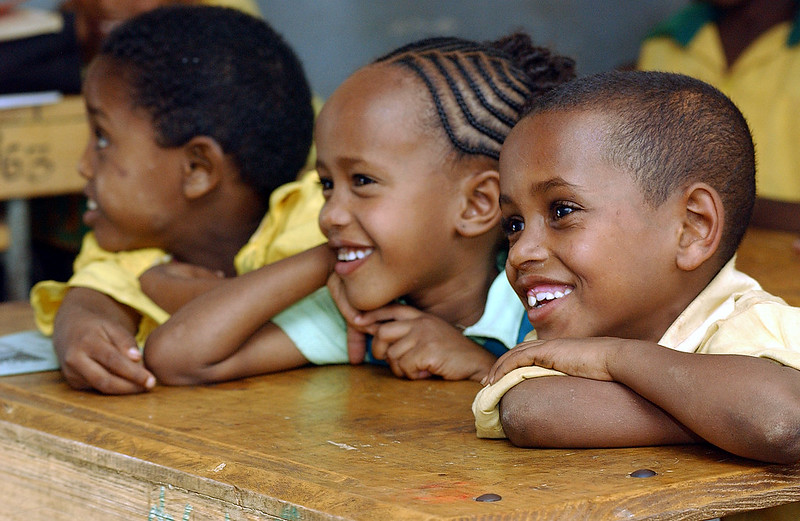Access to Education in Sub-Saharan Africa
 Many see education as one of the most important variables when it comes to a country investing in its future. The proliferation of educational institutions, resources and syllabi contribute to a well-rounded, literate populace capable of working in a wide range of fields and actively participating in their local communities. Unfortunately, there have been difficulties with access to education in Sub-Saharan Africa in recent years, particularly in the face of the COVID-19 pandemic.
Many see education as one of the most important variables when it comes to a country investing in its future. The proliferation of educational institutions, resources and syllabi contribute to a well-rounded, literate populace capable of working in a wide range of fields and actively participating in their local communities. Unfortunately, there have been difficulties with access to education in Sub-Saharan Africa in recent years, particularly in the face of the COVID-19 pandemic.
COVID-19 Challenges
The technological solution to the challenges that the COVID-19 pandemic posed is uniquely impacting sub-Saharan Africa, as more than half of the region does not have access to electricity. A 2018 UNESCO Fact Sheet revealed that nearly 20% of primary school-age sub-Saharan children are not in school, with that number rising to 58% for upper-secondary age (high-school-aged students). UNESCO predates the onset of a global pandemic that made it difficult for schools to continue to supply quality education to students, even with the support of technology. The low educational participation rate in sub-Saharan Africa, coupled with the technologization of education worldwide, has made this region of the globe an important focus of educational development going forward.
Despite advancements in technology that have supported the education of millions of students worldwide, it is difficult to argue that technology could adequately replace the teacher’s pedagogical relationship with their students when operating in person. With the closing of schools during the COVID-19 pandemic, there was a rise of “private operators” in sub-Saharan Africa. These groups exist outside of government-funded compulsory education programs and take advantage of parents concerned about the education of their children.
For example, in Cameroon, private operators created tools “for the sole purpose of generating profit, to the detriment of the public education service.” This may be profitable in the short term, but it could ultimately harm the public education system by promoting state disengagement. This practice ignores the need to preserve education as a universally accessible public good, rather than a privilege afforded to the wealthy and elite.
UNESCO and SDG4
The rise of private operators poses a hindrance to UNESCO’s goal, which aims to make universal primary and secondary education accessible by 2030. When a country starts to rely on private education to provide support for national literacy and civilian competence, it could lead to the reallocation of government spending away from education and into other sectors. This is precisely what happened in Cameroon when private operators became increasingly popular during the COVID-19 pandemic. Sustainable Development Goal 4 (SDG4) is UNESCO’s initiative that focuses on education, leveraging partnerships with governments, policy guidance and monitoring to meet the goals listed on its roadmap.
SDG4 is a bold and ambitious undertaking, and yet all the more important due to the global educational setbacks that the pandemic posed. Despite the recent complications, a broader overview of the development of education in sub-Saharan Africa shows the positive trend the region has been on for the past few decades. From 1970 to 2010, the percentage of children who were able to complete primary school increased by around 50%, from 46% to 68%. Furthermore, the incorporation of research-based educational strategies, such as increased teacher accountability, structured, predetermined teacher guides, scripted lesson plans and school-provided food programs have all had positive impacts on literacy rates in countries like Kenya and Uganda.
Looking Ahead
Access to education in sub-Saharan Africa has come a long way in the past 50 years. With African participation and cooperation in programs such as UNESCO’s SDG4, as well as the incorporation of new pedagogical methods based on research findings, there is room for optimism toward the future of education access and quality, an essential preliminary step to combating a range of other social challenges, from job insecurity to political stability.
– Lucas Bunting Giordano
Photo: Flickr
